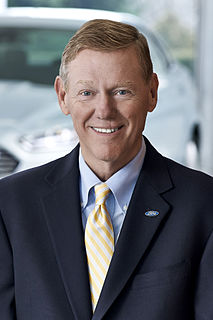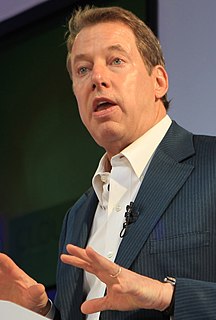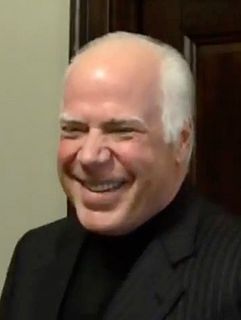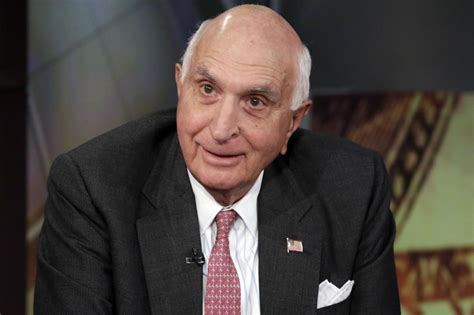A Quote by Alan Mulally
I'm more convinced than when I accepted this job that we can create a viable Ford Motor Co. that makes cars and trucks that people really do prefer. And we can make them using minimum resources and minimum time and be competitive with our competition.
Related Quotes
If I thought that raising the minimum wage was the best way to help people increase their pay, I would be all for it, but it isn't. If you raise the minimum wage, you're going to make people more expensive than a machine. And that means all this automation that's replacing jobs and people is only going to be accelerated.
Equality of opportunity is not enough. Unless we create an environment where everyone is guaranteed some minimum capabilities through some guarantee of minimum income, education, and healthcare, we cannot say that we have fair competition. When some people have to run a 100 metre race with sandbags on their legs, the fact that no one is allowed to have a head start does not make the race fair. Equality of opportunity is absolutely necessary but not sufficient in building a genuinely fair and efficient society.
A general flat minimum-wage law for all industry is permissible, but I do not think that it is a particularly wise method of achieving the end. I know much better methods of providing a minimum for everybody. But once you turn from laying down a general minimum for all industry to decreeing particular and different minimum for different industries, then, of course, you make the price mechanism inoperative, because it is no longer the price mechanism which will guide people between industries and trades.
The opportunities for using our financial resources to spread the gospel and strengthen the church all over the world are greater than they've ever been. As God raised up Esther for just such a time as hers, I'm convinced he's raise us up, with all our wealth, to help fulfill the great commission. The question is, what are we doing with that money? Our job is to make sure it gets to his intended recipients.

































